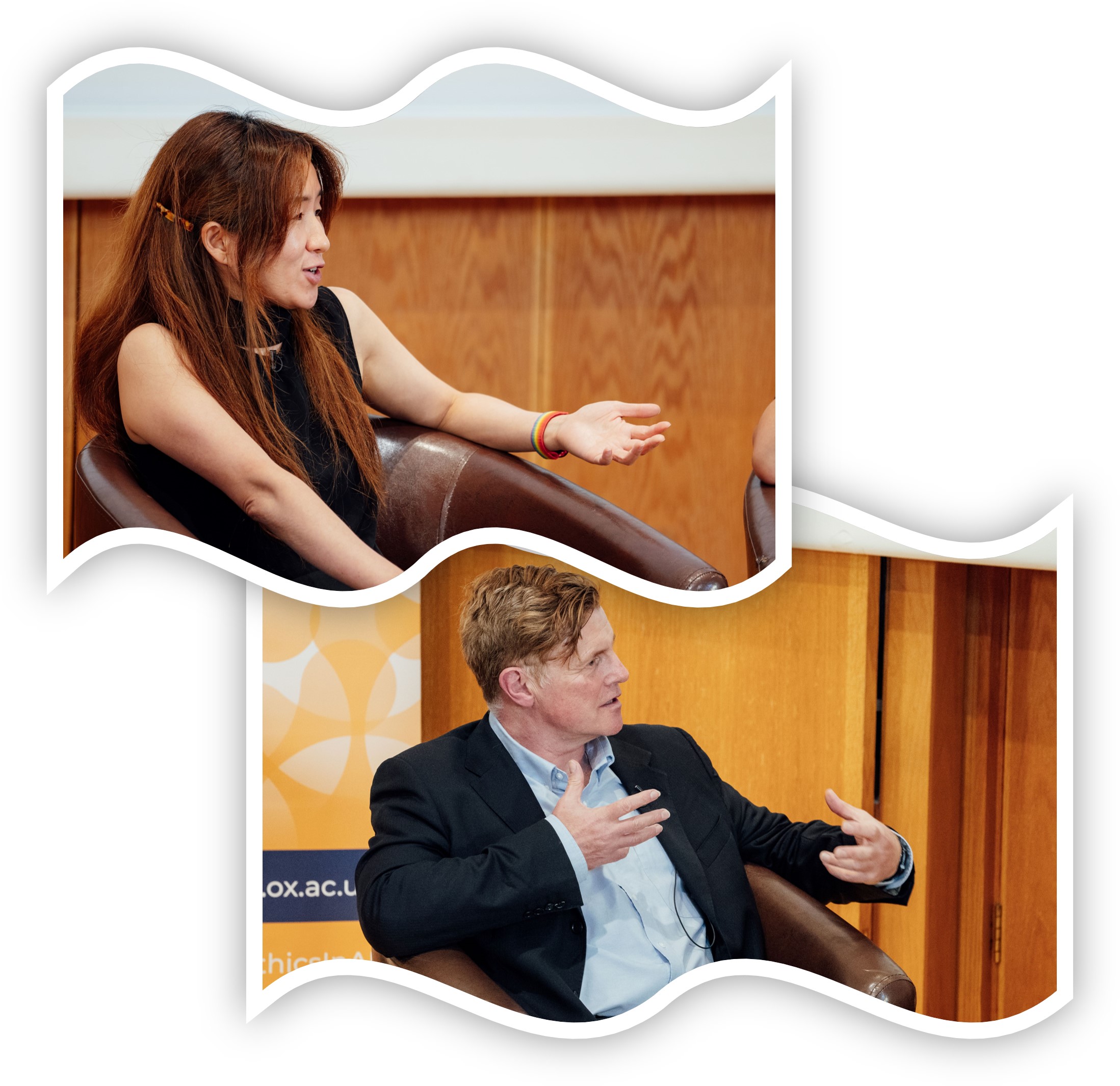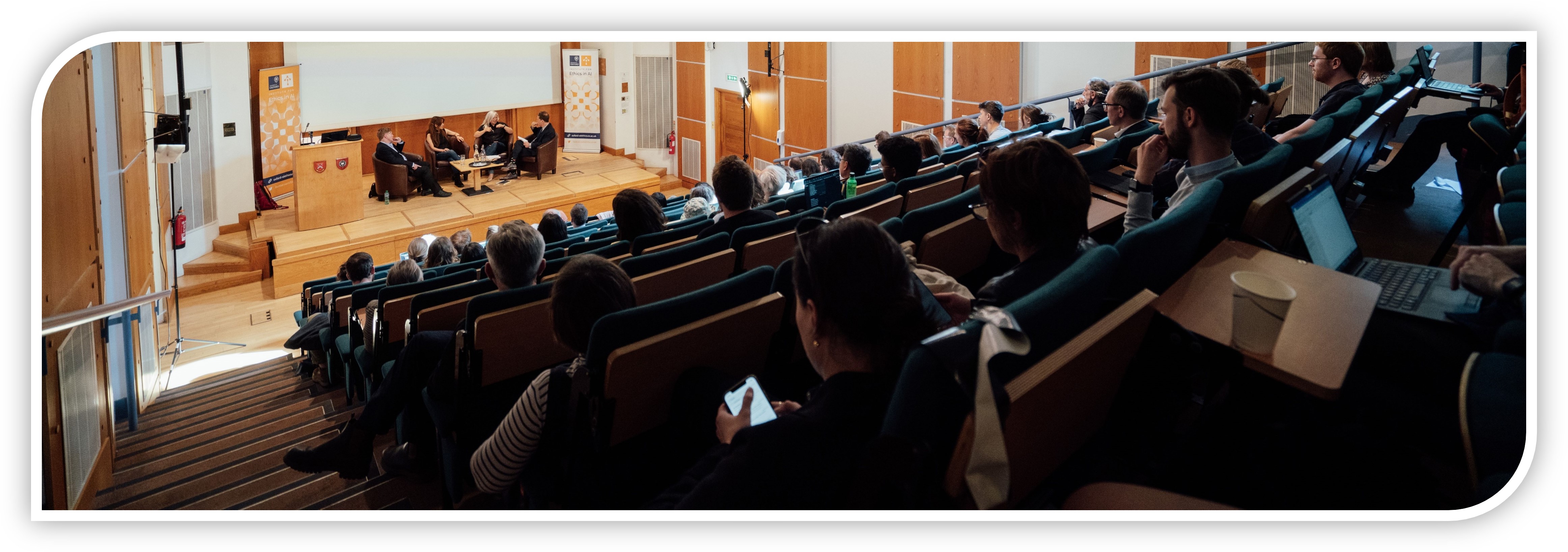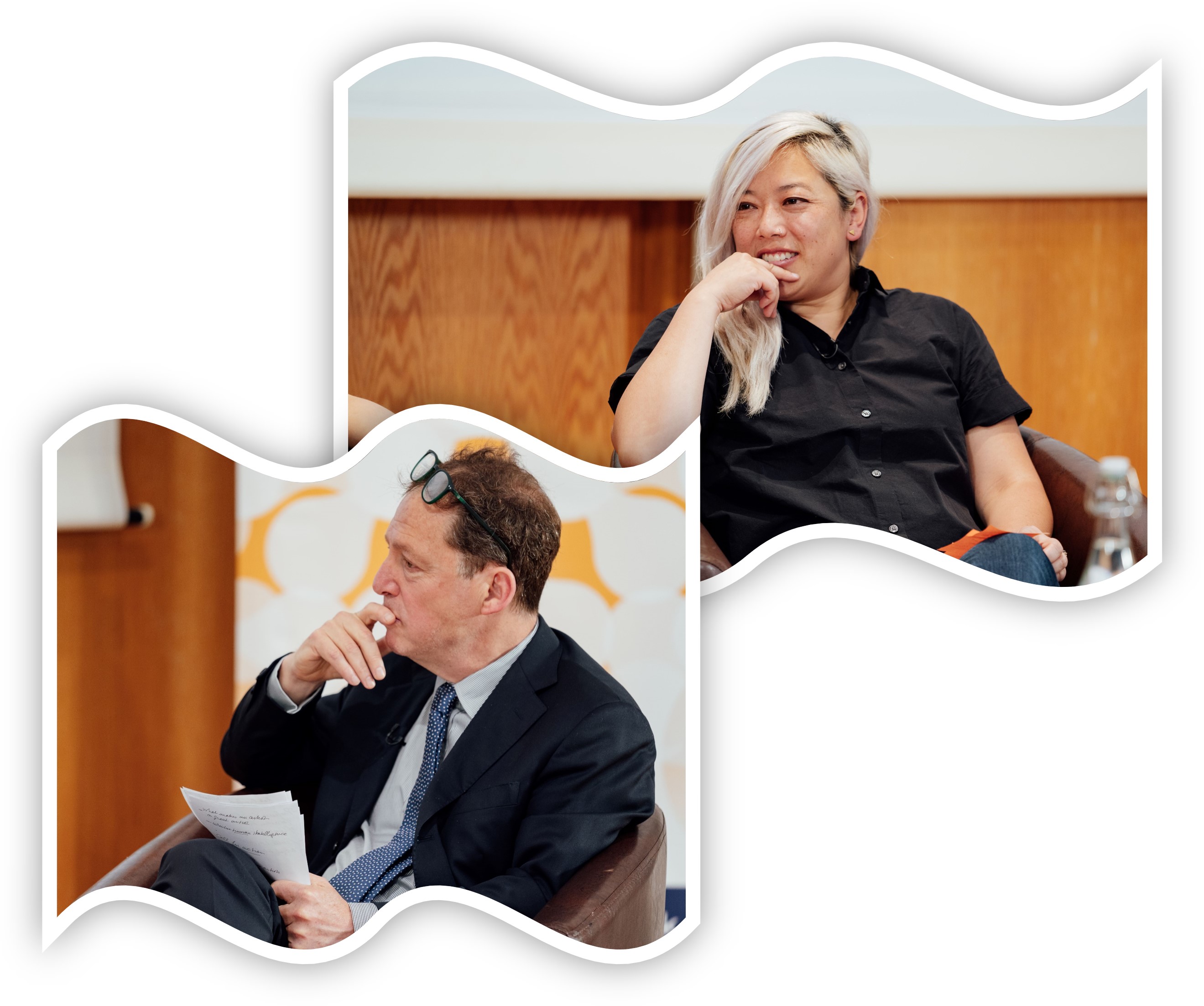
Professor Choi's talk and the subsequent discussion offered great insights into all the aforementioned issues. Choi emphasised that we should not think of creativity just in terms of originality. Programmes like DALL-E are capable of some originality because they may synthesise pre-existing ideas in new ways. However, Choi argued that true artistry requires not just originality, but exemplar originality, which often involves exercising outstanding aesthetic taste and ground-breaking ingenuity. Programmes like DALL-E do not currently display such capacities. It takes a human to prompt the algorithm effectively and identify which of its outputs are worth any attention. Hence, AI's current capacity to replace human artists is limited. Moreover, Choi and Warburton agreed that artistry is often a matter of the creative process itself rather than the qualities of its outputs. Works by DALL-E and similar programmes may be beautiful and useful, but they lack the expressive quality of being a genuine product of human beings in response to their context and external circumstances. Since that is what many of us look for in art, we are unlikely to lose interest in human creativity.


